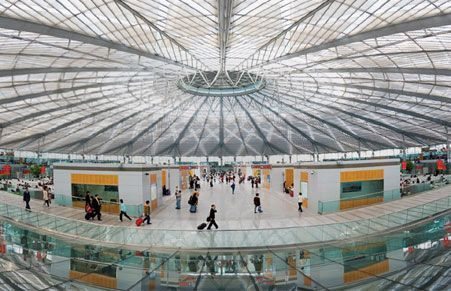HP will cut more jobs as it works to turn its hardware businesses around and grow its software business. 11,000 to 16,000 more jobs will be eliminated, on top of the 34,000 already announced. HP employs between 250,000 and 300,000 people worldwide.
Employees in HP’s server, storage, PC and software divisions may all be candidates for cuts, but CEO Meg Whitman said that research jobs will not be eliminated. The company continues to increase its R&D spending.
Yesterday HP reported quarterly revenue of $27.3 billion, down 1% from the year ago quarter. Revenue rose for the PC and printer group, which accounted for about half of HP’s first quarter sales. But the enterprise and enterprise services groups saw revenue decline slightly. The software group had less than $1 billion in quarterly sales, which were basically flat from the year-ago quarter. Net earnings were up 18%, a sign that Whitman’s cost cuts are having an impact.
Mobile operators buy HP servers and blades for use in data centers, and the company is working hard to develop compelling software solutions for service providers. Its platform focuses on making an operator’s network accessible to third-party application developers through the use of Java APIs.
Earlier this month HP announced a bold initiative to invest in OpenStack software, which has the potential to supplant both its servers and its proprietary software. HP calls its solution HP Helion and says it will focus on enabling companies to manage hybrid IT environments. HP Helion will incorporate OpenStack with existing HP cloud offerings.

HP to cut at least 11,000 more jobs
ABOUT AUTHOR
